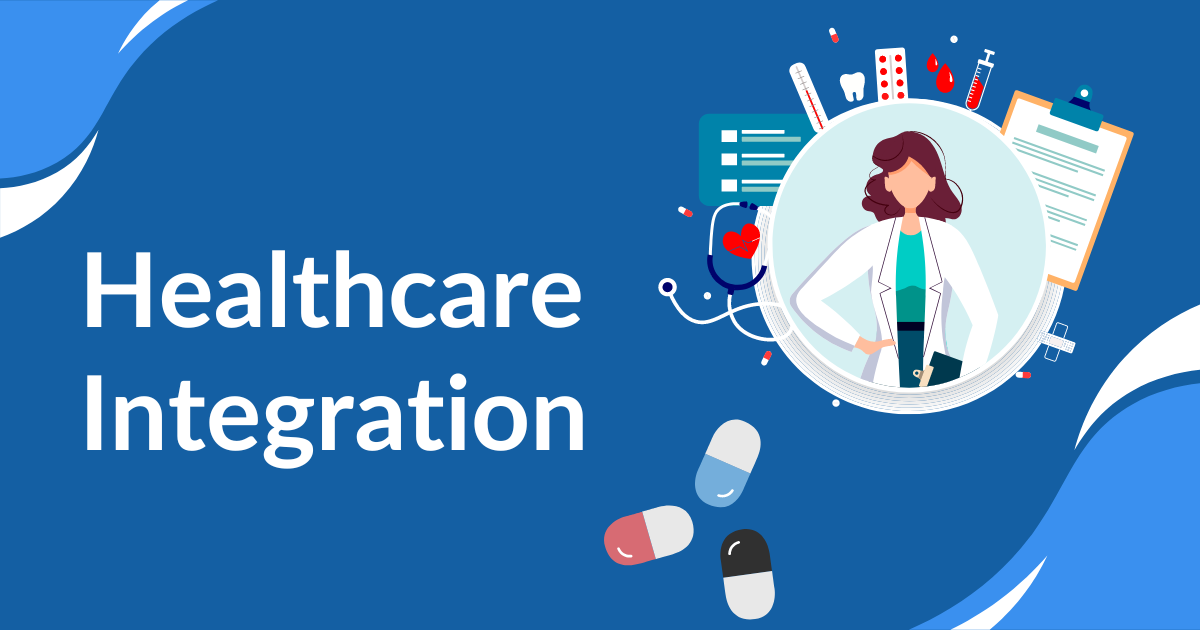Healthcare integration refers to the process of connecting various healthcare systems, applications, and data sources to enable seamless data exchange and communication between them. In this blog, we will explore the benefits of healthcare integration and its impact on the healthcare industry.
Benefits of healthcare integration:
- Improved Patient Outcomes: Healthcare integration can improve patient outcomes by providing healthcare providers with a more comprehensive view of patients’ medical histories and treatment plans. This can help healthcare providers make more informed decisions about patient care, reduce errors, and improve patient safety.
- Increased Efficiency: It can increase efficiency in healthcare facilities by automating administrative tasks. It reduces manual data entry, and improves communication between healthcare providers.
- Cost Savings: It can reduce costs by streamlining workflows, reducing duplication of efforts, and improving resource utilization.
- Regulatory Compliance: It can ensure regulatory compliance by enabling the secure exchange of patient data between systems while maintaining data privacy and security.
Impact of healthcare integration on the healthcare industry:
- Improved Patient Care: It can help healthcare providers provide better care to patients by enabling a more comprehensive view of patient health information. It reduces errors and improves patient safety.
- Enhanced Population Health: It can improve population health by enabling healthcare providers to access and analyze data across multiple systems to identify health trends, patterns, and risk factors.
- Better Collaboration: It can improve collaboration between healthcare providers. It enables them to share patient data, treatment plans, and test results more easily.
- Patient Empowerment: It can empower patients by providing them with access to their medical records, test results, and treatment plans. It enables them to be more involved in their care.

Conclusion
In conclusion, healthcare integration is critical to the success of the healthcare industry. By enabling the seamless exchange of data between systems and applications, healthcare integration can improve patient outcomes, increase efficiency, reduce costs, and ensure regulatory compliance. Healthcare providers should invest in healthcare integration to stay ahead of the curve and provide the best possible care to their patients.
DIBS can help to combine different healthcare systems, services, and data to create a cohesive healthcare network. To help healthcare providers achieve healthcare integration, there are several steps that needs be taken. First, DIBS team identifies the key stakeholders and establish clear goals for the integration process. This includes developing a comprehensive understanding of the current healthcare landscape, including the strengths and weaknesses of existing systems and services. Next, we develop a clear and actionable plan for integration, including timelines, resource allocation, and a roadmap for implementation. This plan prioritizes the needs of patients. Finally, DIBS team establishes ongoing communication and collaboration among all stakeholders, including healthcare providers, patients, and administrators, to ensure that the integration process remains on track and is meeting its goals.
Talk to our experts and find out more about the latest healthcare technologies and how DIBS team can help you to successfully integrate your systems and services to improve patient care, enhance efficiency, and reduce costs.







Leave a Comment